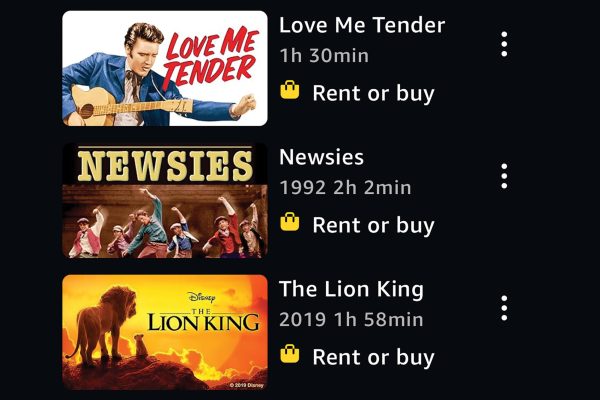Alicia Keys is HERE
New album speaks of love, politics and social uproar
May 8, 2017
Alicia keys, a pioneer musician of 2000s hip-hop and rhythm and blues, has recently released a new album titled “HERE.” A memoir to the streets of Harlem and a rallying message for love and acceptance, Keys has demonstrated her artistic talent through her compassionate and empathetic lyrics. An album with 16 tracks, she begins and ends with a stunning bang that will leave listeners waiting for the next album.
The first track is appropriately titled “The Beginning” and it begins with soft sounds and transcends into a metaphor relating to the scenes of poverty and chaos. Describing herself as Nina Simone, a Civil Rights Activist and “Harlem in the dark,” she conveys the image of her sympathizing with the social movement of equality.
Throughout this number and the rest of the production, she describes herself as the spirit of the projects, in which every day is a struggle to make ends meet. She provides an intriguing combination of lyricism and vocals, especially through tracks such as “Kill your mama,” and “Illusion of Bliss.” Both of these numbers portray a person or perhaps a society that has been repeatedly ensnared in a storm of addiction, greediness and complete moral confusion. Key’s resonating throaty voice has the power of making the audience recognize the desperation of a whole generation.
More positively, “She Don’t Really Care_1Luv,” embraces a beautiful, galvanizing message that celebrates one’s ethnicity and culture values, while simultaneously empowers women to love themselves. She sings this to women of all ages and incites them to realize their self worth and value, insisting that their love is enough to cover themselves and erase all insecurities.
Lifting the tones, Keys sings “More Than We Know,” and encourages people to keep persevering in the face of adversity. Giving hope to the listeners, she claims that “if you’re too afraid to walk in faith, then you will never know your heart.” This song serves to stand as a statement to keep pursuing one’s battles with an uplifted face.
The album ends with a signifying track that is labeled “Holy War.” She questions the ideas behind conflict, sexuality and love. Through challenging the common ideas of society today, she contends that one should be “living for love,’ and be totally “unafraid of the end.” Dignified and powerful, the track repeats that “forgiveness is the only real revenge,” and essentially motivates people to keep moving forward toward an equal and tolerant world.




















